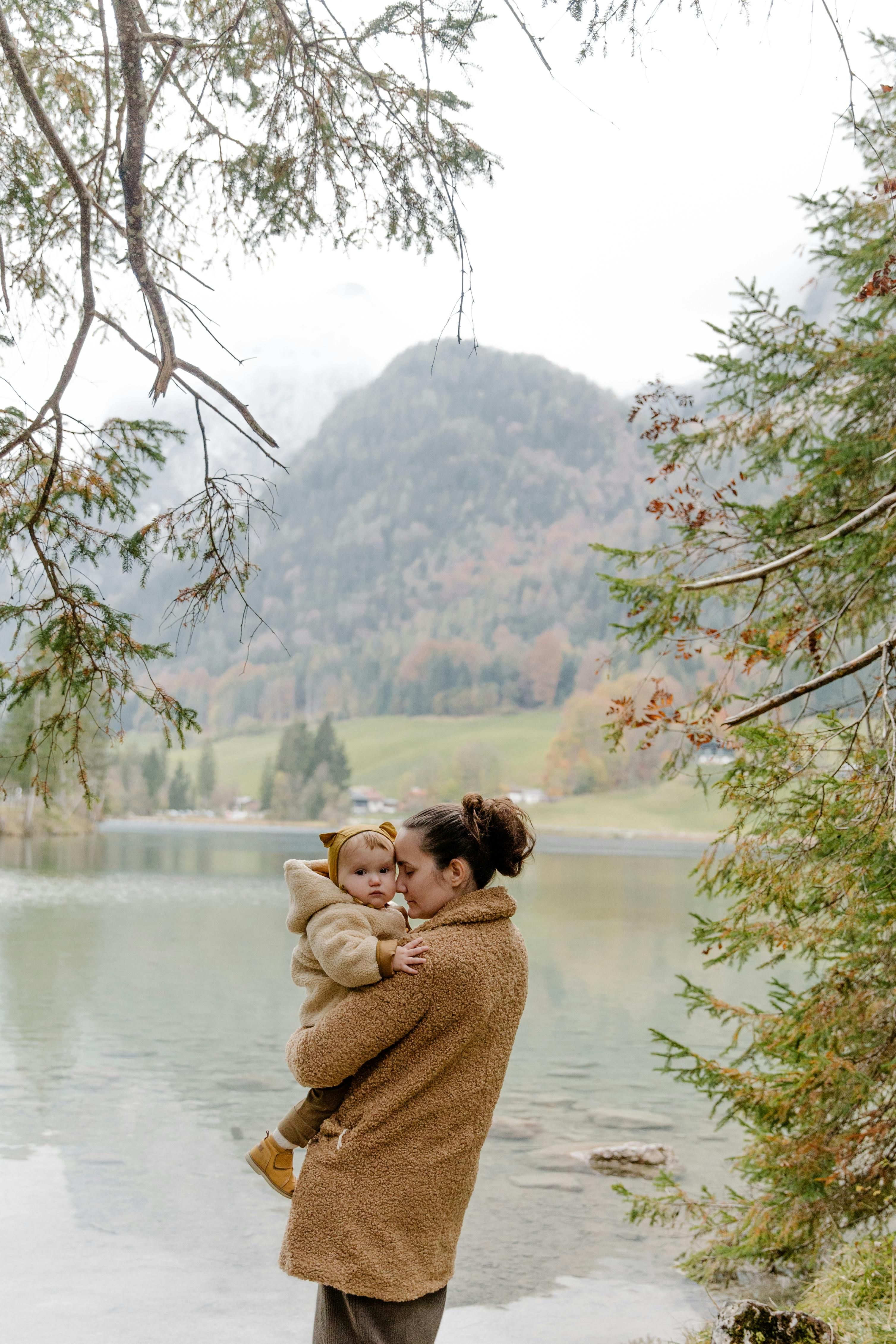Child Survived Leningrad Siege Alone, Recounts Experience as a Youngster
A Tale of Survival: The Incredible Life of Two-Year-Old Lara Alone in Leningrad
Lara Evdokimova, a spirited 95-year-old from Novosibirsk, shared her harrowing experiences living through the infamous Leningrad Blockade as a toddler. Born in Sevastopol, Larisa found herself on her own for five harrowing months in Leningrad, just over two.
"I was the baby and my mother's friend wanted to help," Larisa recalled. "She brought me here in 1940, but my mother didn't give her my documents, so they didn't take me to an orphanage. Then the war began, and little did I know the horrors that awaited me."
Living alone in an apartment amid the sounds of shelling and the deep pangs of hunger, Larisa miraculously survived on the love and generosity of kind strangers. "A woman, most likely a neighbor, came by and fed me what she could before leaving."
Evacuated to Novosibirsk in 1942, Larisa was taken into the care of a new family. A woman who assisted with unloading the children from the train noticed the tiny girl and decided to adopt her. With the warm embrace of her new mother, Larisa found the strength to weather the storm that life often throws our way.
Larisa fondly remembers waking up and learning about the end of the war in Frunze at the tender age of six. "I was so excited! I ran to wake up my mother and share the news of Victory!"
After surviving the blockade as a toddler and two subsequent famines, Larisa persevered, graduating from a pedagogical institute and teaching physics and mathematics. Intriguingly, it wasn't until 1972 that she rediscovered her adoptive mother's origins in Leningrad.
Her life is a remarkable testament to the human spirit's indomitable will and the solidarity during those trying times. So much so that in 2025, she was awarded a commemorative medal "80 Years of Victory in the Great Patriotic War of 1941-1945."
The Siege of Leningrad: A Bosom of Solidarity
During the siege, nearly one million people lost their lives, mostly due to starvation and disease. Families were ripped apart, and children were left to fend for themselves. However, in the midst of despair, communities in Leningrad displayed an unprecedented level of solidarity, pooling their scant resources to help their fellow citizens survive.
Larisa's Perseverance
As a young girl living on her own during the siege, Larisa was no exception to the generosity of her fellow citizens. The survivors of Leningrad compassionately supported her, sharing whatever they had to help her struggle through the war.
The Evacuation to Novosibirsk: A City of Hope
In an attempt to save the trapped city, leaders organized evacuation efforts through limited corridors, most famously Lake Ladoga's "Road of Life" where starving civilians traveled or supplies were delivered. Larisa was eventually moved from Leningrad to Novosibirsk, finding the care and support she needed to recover and thrive.
The Importance of Evacuation
Efforts like those to relocate Larisa from Leningrad to safer cities like Novosibirsk proved critical in saving countless lives during the Great Patriotic War. These evacuation routes offered refuge to children like Larisa and helped rebuild communities beyond the reach of the devastation.
A Beacon of Hope in the 20th Century
Larisa's remarkable journey encapsulates the strength of the human spirit during one of the darkest periods in human history. Despite losing her caregivers early on and enduring unimaginable hardships, Larisa survived and thrived, serving as an example of human resilience and community solidarity during the siege. Hers is a story that continues to inspire and remind us of the power of hope amid adversity.
- Larisa, who hails from Novosibirsk, lived through the Siege of Leningrad in the 1940s, a period marked by massive loss and hardship.
- amazingly, even in the midst of the Leningrad Blockade, Larisa was fed by mothers and other kind strangers who pooled their resources, forming a bosom of solidarity.
- After surviving the horrors of Leningrad, Larisa was evacuated to Novosibirsk where she found a warm welcome and the care she needed to recover.
- Despite enduring the traumas of war-and-conflicts in her early years and losing her birth mother, Larisa persevered, graduating from a pedagogical institute in the politics of education and becoming a teacher in the general news of her achievement.








